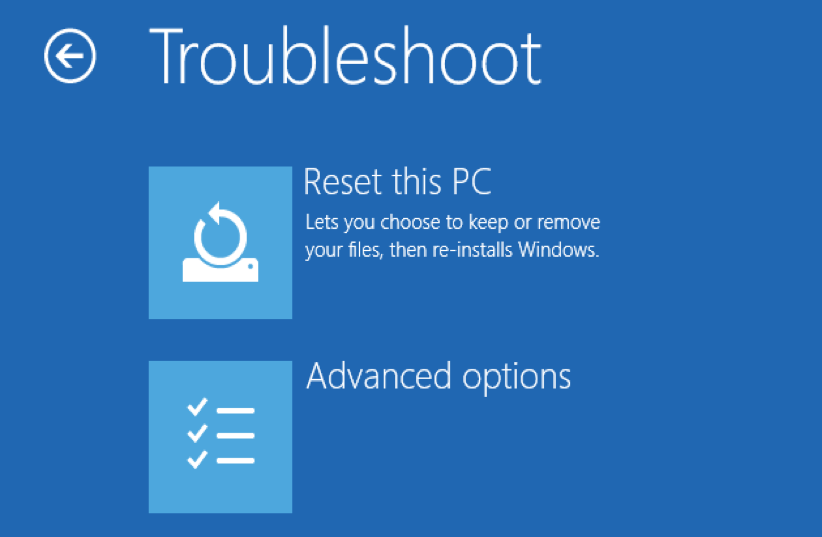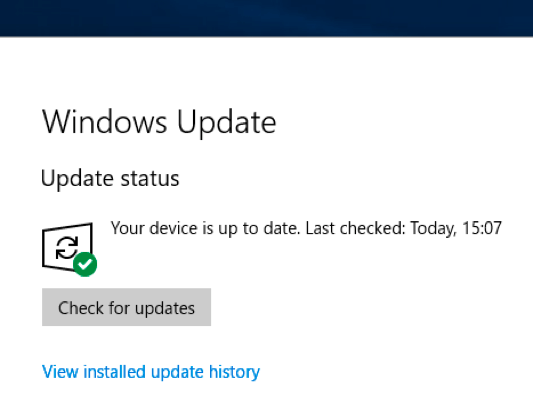| File Info | Description |
|---|---|
| File Size: | 24 kB |
| File Modification Date/Time: | 2017:03:18 18:18:45+00:00 |
| File Inode Change Date/Time: | 2017:11:05 07:07:54+00:00 |
| File Type: | Win32 EXE |
| MIME Type: | application/octet-stream |
| Warning: | Possibly corrupt Version resource |
| Machine Type: | Intel 386 or later, and compatibles |
| Time Stamp: | 2093:07:31 08:39:35+00:00 |
| PE Type: | PE32 |
| Linker Version: | 14.10 |
| Code Size: | 6656 |
| Initialized Data Size: | 17408 |
| Uninitialized Data Size: | 0 |
| Entry Point: | 0x2190 |
| OS Version: | 10.0 |
| Image Version: | 10.0 |
| Subsystem Version: | 10.0 |
| Subsystem: | Windows GUI |
| File Version Number: | 10.0.15063.0 |
| Product Version Number: | 10.0.15063.0 |
| File Flags Mask: | 0x003f |
| File Flags: | (none) |
| File OS: | Windows NT 32-bit |
| Object File Type: | Executable application |
| File Subtype: | 0 |
| Language Code: | English (U.S.) |
| Character Set: | Unicode |
| Company Name: | Microsoft Corporation |
| File Description: | Eject Device |
| File Version: | 10.0.15063.0 (WinBuild.160101.0800) |
| Internal Name: | DeviceEject.EXE |
| Legal Copyright: | © Microsoft Corporation. All rights reserved. |
| Original Filename: | DeviceEject.EXE |
| Product Name: | Microsoft® Windows® Operating System |
| Product Version: | 10.0.15063.0 |
✻ Portions of file data provided by Exiftool (Phil Harvey) distributed under the Perl Artistic License.













